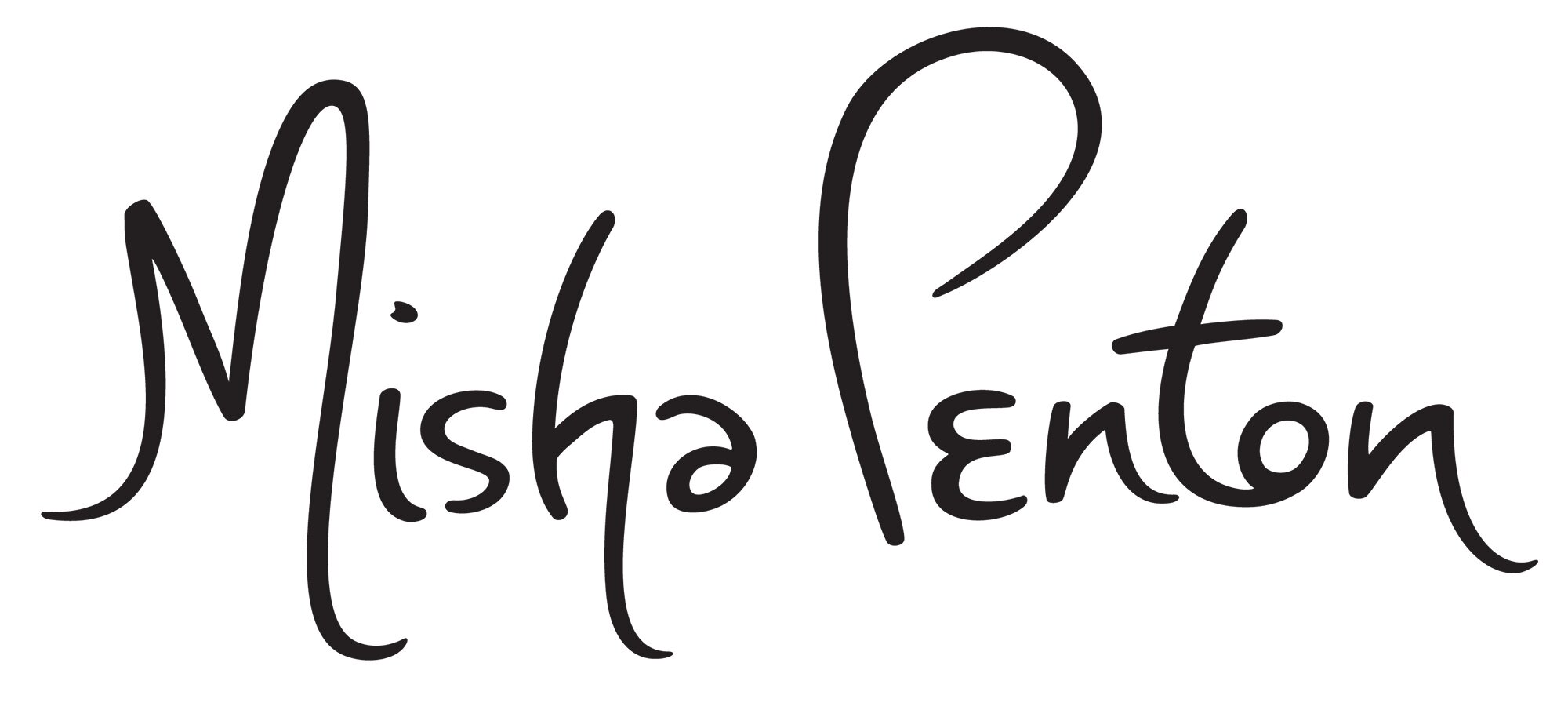Our Art, Our World
A Series of Posts About Bodies & Voices
Maurice Merleau-Ponty (if you recall, our Frenchie mid-century philosopher guy in this series of posts) writes that an artwork (I’m using ‘artwork’ broadly, here, to mean music, performance, visual art, et cetera) is its own world with its own characteristics, layers, and richness – a space to be entered into with its own language:
‘in a picture or a piece of music the idea is incommunicable by means other than the display of colours and sounds’ (Merleau-Ponty [1945] 2002, 174.
An artwork becomes a a world of its own through which we engage with our world, and in its highest aspirations, summons us to engage with the world newly or differently.
Cool!
sounds,
colours,
brush strokes,
words,
images,
shapes,
dynamics,
timbre,
whathaveyou
– are intrinsic / inherent / baked in, indistinguishable from expression, and can’t be separated ‘from the structures to which they belong’ (Matthews 2002, 280) - with meaning ‘accessible only through direct contact’ (Merleau-Ponty ([1945] 2002), 175).
This is the essence of what I am getting at here: there simply is no explaining creative work – there is no adequate exposition – there is only experience.
I imagine that my work is a realisation of a world that ‘does not imitate the world but is a world of its own’ (96) with its own aesthetic landscape. Central to this landscape is a sonorous vocality in which the ‘acoustic register reigns sovereign’ (Cavarero, 2005, 102).
‘The meaning is not on the phrase like the butter on the bread,
like a second layer of “psychic reality” spread over the sound:
it is the totality of what is said,
the integral of all the differentiations of the verbal chain;
it is given with the words for those who have ears to hear’.
(Merleau-Ponty [1964] 1968, 155)
29 Second Misha Micro Opera Mini of the quote above:
This post is a (very!) revised and slightly irreverent (and thus, reader-friendly) fragment from my recently approved doctoral thesis, ‘Vocality as / in Composition: solo and collaborative creation of new postopera works’. Bath Spa University, UK.
Cited Sources for The Interested & Uninterested
Cavarero, Adriana. 2005. For More than One Voice: Toward a Philosophy of Vocal Expression. Translated by Paul A. Kottman. Stanford: Stanford University Press.
Matthews, Eric. 2002. The Philosophy of Merleau-Ponty. New York: Routledge.
Merleau-Ponty, Maurice. (1964) 1968. The Visible and Invisible. Edited by Claude Lefort. Translated by Alphonso Lingis. Evanston: Northwestern University Press. Originally published in French as Le Visible et l’Invisible, 1964 by Éditions Gallimard, Paris.
Penton, Misha. 2021. ‘Vocality & Embodiment’ in ‘Vocality as / in Composition: solo and collaborative creation of new postopera works’, 25-7. PhD Diss. Bath SpaUniversity, UK
